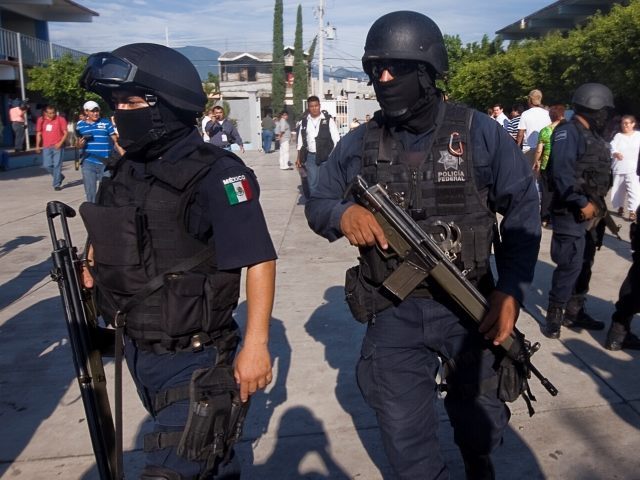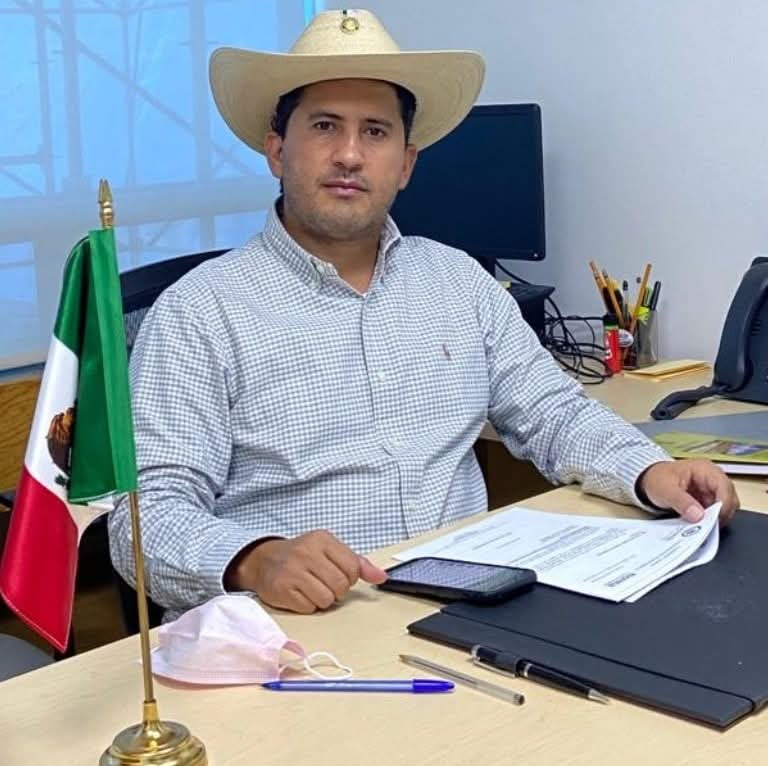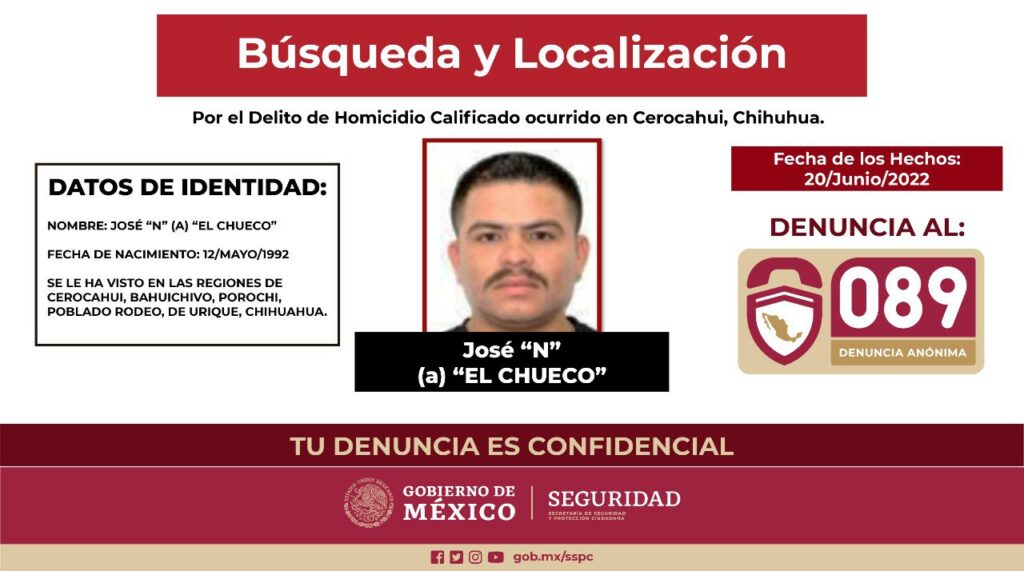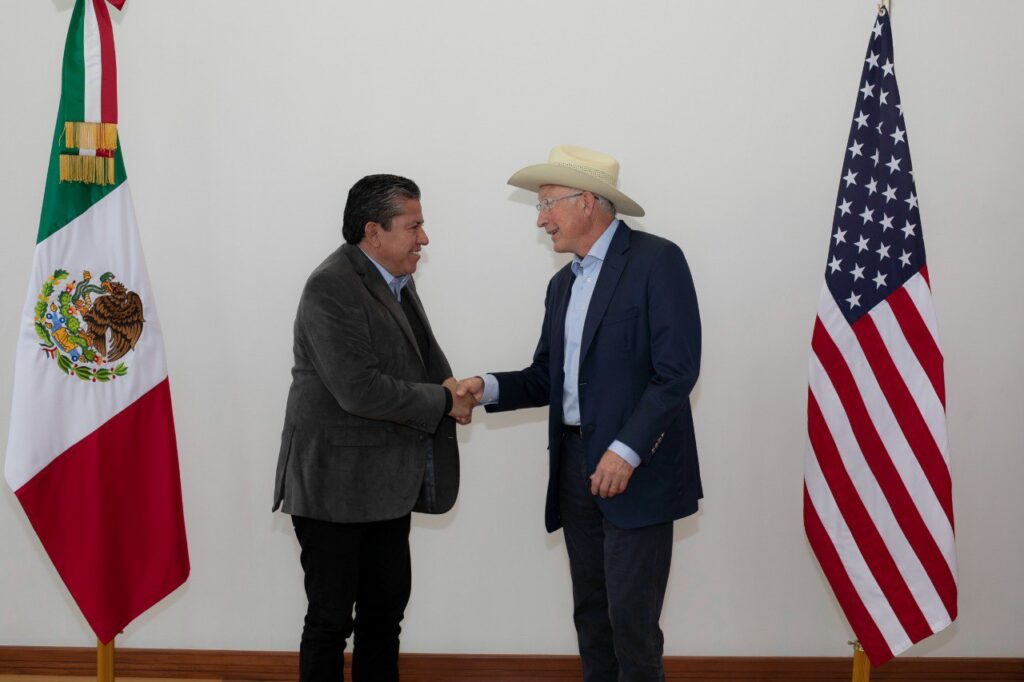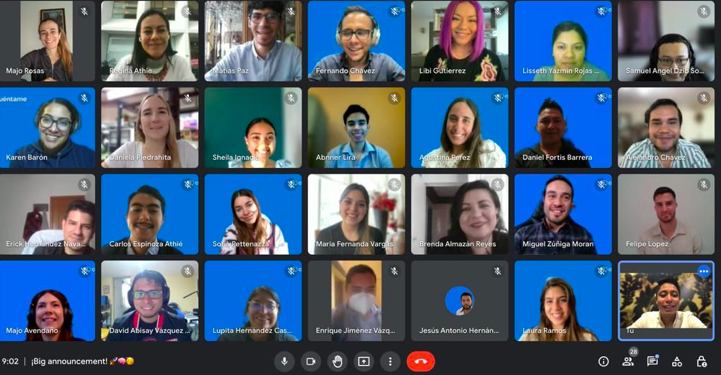The ‘War on Drugs’ in Mexico is over, according to a declaration made by president Andres Manuel Lopez Obrador yesterday, January 30. It brings a tentative ‘end’ to a period that, since its launch by former president Felipe Calderon in 2006, has contributed to phenomenal bloodshed, 250,000 murders and 35,000 disappearances since the offensive against organised crime groups began.
According to AMLO’s daily press conference, it would no longer be a priority to capture cartel bosses within the country.
“There is officially no more war. We want peace, and we are going to achieve peace,” he said, according to Time. The president then continued to explain that the main priority of the government and armed forces is to ensure the safety of its citizens and reduce the number of homicides across the country.
It has become ever more obvious that the war on drugs which started 13 years ago has in fact led to heightened terror and violence across the country, as opposed to curbing it. And the reality for Mexico is a far cry from the ‘drug wars’ that have recently been glorified in Netflix shows such as Narcos Mexico. Sending over 6,500 troops into Michoacan in an attempt to put an end to cartel violence that year the effects were, in fact, devastating and plunged Mexico into an ongoing and relentless battle against corruption and organised crime. As grim as predicted, 2018 once again smashed records for the country’s highest annual homicide rate which increased by 33% over the previous year.
The beginning of the war on drugs also ran parallel to increased oppression against the country’s media outlets and journalists, to the extent that in 2018 Mexico recorded the highest amount of reporter disappearances from around the globe. A depletion of press freedom heightened amounts of homicide, and the evolution of the crime of ‘femicide’ all contributed to heightened fear and uncertainty across Mexico.
Read more: Mexico has the highest impunity levels against aggression towards journalists in Latin America
Although some high profile narcotics leaders have been caught within this time, it has also led to the splintering of organised crime groups and drugs traffickers, and as authorities attempted to close illegal avenues, it led to more violence. What’s more, splinter groups have also resorted to alternatives to drug trafficking such as kidnapping, of which many victims end up in vast clandestine graves and fuel theft.
AMLO has long promised to take a different stance on the approach to reducing crime levels in his country. With one of his quotes on the campaign trail being ‘‘No puedes apagar el fuego con el fuego,’’ (you can’t fight fire with fire) he has even continued to suggest a rewriting of drug laws which could make marijuana and opium poppy seeds legal. He also promised to invest more in social programmes and employment opportunities in poorer regions of the country.
Before the run-up to yesterday’s declaration, huge strides have already been made in the fight against huachicoleros that are renowned for tapping into fuel pipes across the country and to add to that, today Animal Politico reported that three Pemex officials have been dismissed. Ongoing talks also continue regarding the creation of a National Guard, which although much contested, is believed will be funded by the sale of hundreds of government-owned vehicles, planes and helicopters.
Yesterday’s statement was, however, also met with criticism with some voicing concerns over the national guard and the likelihood that Mexican streets will continue to be militarised for the foreseeable future.
It was nearly two years ago that authorities from the United States also admitted that U.S demand for drugs was at the heart of Mexico’s violence crisis, suggesting a shared approach is necessary. However, the populist government has since turned to desperate attempts to build a wall to prevent drug trafficking, as opposed to stopping demand.
What Mexican citizens voted for last year, however, was a change to the norms that had thus far failed to protect them and that appears to be what AMLO is striving to deliver.


